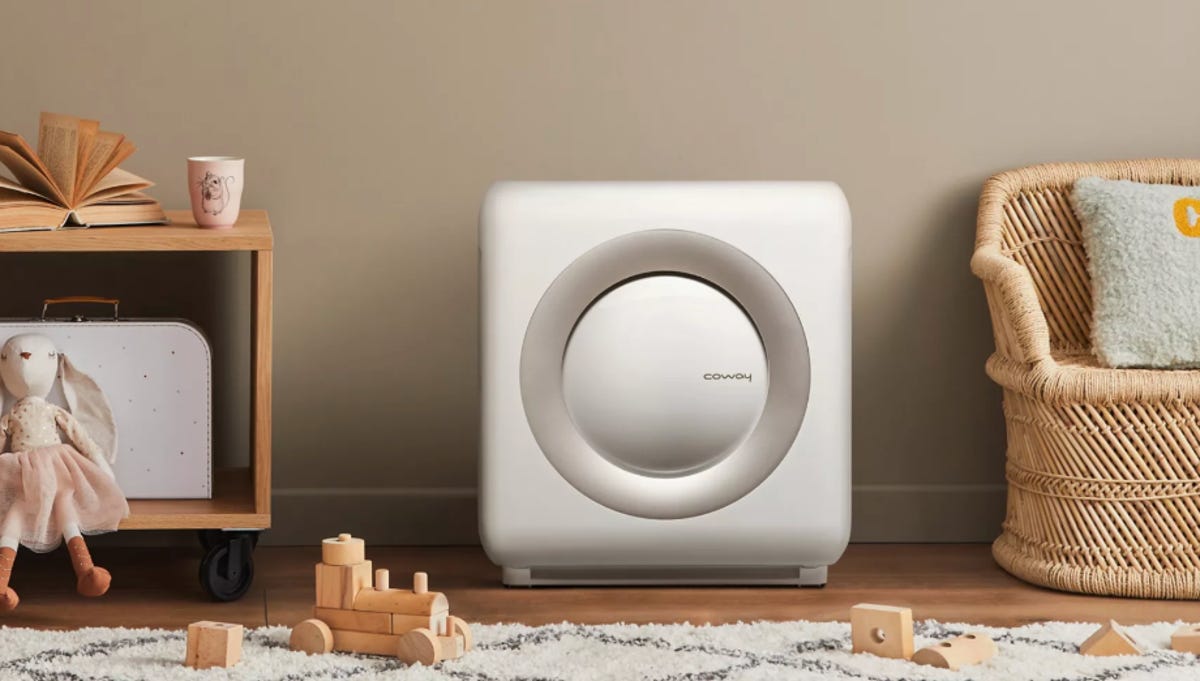Allergy season can be miserable. Between watery eyes, sneezing, coughing and congestion, just making it through the day can be a struggle, to say nothing of getting quality sleep. In addition to exacerbating sleep issues like snoring or obstructive sleep apnea, allergies can also increase the time it takes to fall asleep — and prevent you from staying asleep once you do manage to drift off.

The more severe your symptoms, the higher the chances your allergies are disrupting your rest. Quality sleep is crucial for your body’s immune system to properly function, and for your overall health in general. Use the tips below to help your body curb the allergy symptoms that keep you awake, so you can get better sleep tonight.
Need more sleep tips? Here are pointers on how to sleep better while dealing with cold symptoms, and here’s a look at natural cold remedies for a sick child.
8 ways to ease allergy symptoms for better sleep
1. Take a shower before bed
Rinse off each night before bed to remove pollen and prevent yourself from taking allergens to bed with you. Showering before bed is a good activity to incorporate into your nighttime routine as it helps you relax and promotes better sleep.
2. Keep doors and windows closed
Prevent pollen and other allergens from blowing into your home through windows and doors by keeping them closed.
3. Sleep apart from your pets
We all love our pets, but by letting them sleep in your bed with you, you’re inviting pet dander (and any other allergens they might bring along) into your sleeping space. Train them to sleep in their own pet bed away from your mattress.
4. Frequently wash bedding
You spend every single night on your mattress and in between your bedding. We shed an ounce of dead skin every three days and old mattresses can be home to up to 10 million dust mites. That’s why it’s crucial you wash your sheets every one to two weeks to prevent them from collecting allergens.
5. Use a mattress protector
Speaking of dust mites, cover your mattress with a mattress protector to prevent them and other allergens from flaring up your allergies.
6. Consider a new mattress
If the last time you bought a new mattress was during Obama’s first term in office, it’s time for a new bed. Old mattresses are a playground for all the allergens you can imagine: mold, mildew, dead skin, pet dander, dust mites… you get the gist. This is why your mattress could be a big contributor to allergies.
For extra reinforcements against allergens, natural mattresses made with natural or organic latex foam are hypoallergenic and antimicrobial. That means they prevent the growth of mold, mildew and other allergens.
7. Sleep upright
Sleeping flat can make your congestion worse, so it can help if you sleep upright, propped up by a few extra pillows or an adjustable bed frame.
8. Use an air purifier
Research shows that an air purifier is effective in helping rid the air of allergens like mold, mildew, pet dander and pollen, and in turn, promotes better sleep quality.

The Coway Airmega is CNET’s pick for the best air purifier for small rooms.
What causes allergies?
Airborne allergens are a major culprit for hay fever. Pollen is a big contributor during this time of year, and research shows that household dust mites are also a common cause of allergy symptoms. Other airborne allergens include:
- Pet dander
- Mold
- Mildew
- Cockroaches
- Dust
- Cigarette smoke
For more help falling asleep, here’s the secret to dozing off in 10 minutes or less and easy tricks to help you achieve better rest.




















+ There are no comments
Add yours